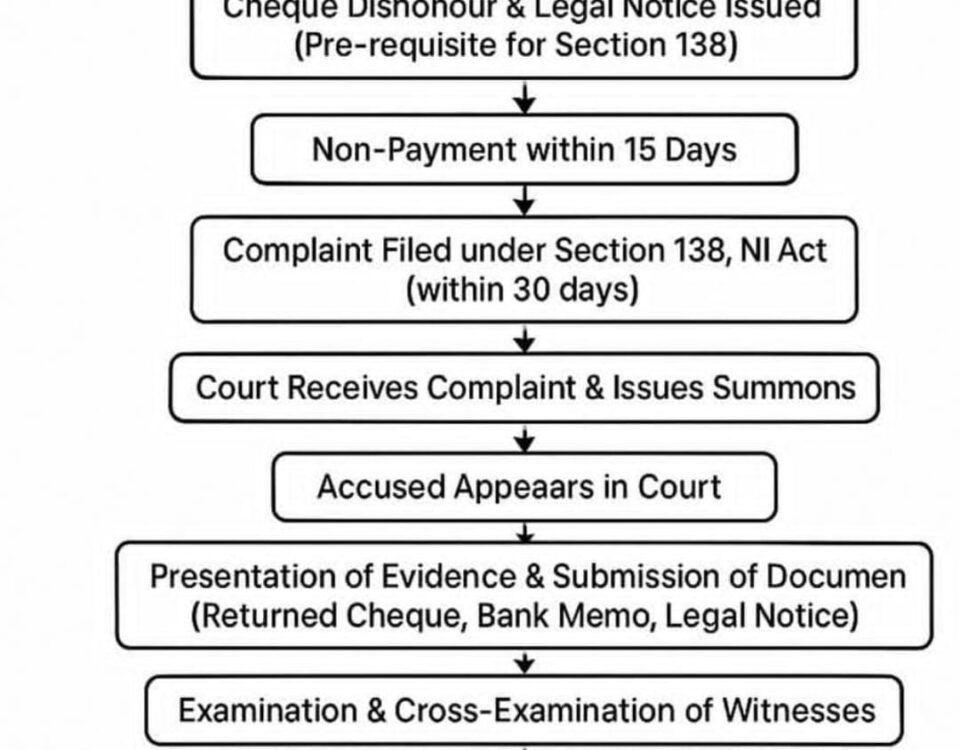- Top-rated Best Lawyer in Noida
- +91 96161-66166
- [email protected]

Guide to Section 125 of the CrPC – Maintenance Laws in India
February 19, 2025
What is Mutual Divorce
May 9, 2025Article 32 of the Constitution
Article 32 provides the right to constitutional remedies. It empowers individuals to directly approach the Supreme Court if they believe their Fundamental Rights have been violated.
Dr. B.R. Ambedkar, the chief architect of the Constitution, called Article 32 the "heart and soul of the Constitution" because, without the ability to enforce rights, they would just be hollow promises.
The exact wording of Article 32 is:
"The right to move the Supreme Court by appropriate proceedings for the enforcement of the rights conferred by this Part is guaranteed."
This means if any Fundamental Right is infringed, a person doesn’t have to wait — they can straightaway go to the Supreme Court for justice.
Key Features of Article 32:
- Direct Access: Citizens can approach the Supreme Court without going through lower courts.
- Writ Jurisdiction: The Supreme Court can issue special orders known as writs to enforce rights.
- Fundamental Right: The right to move the Supreme Court itself is a Fundamental Right under Article 32.
- Mandatory Duty: It’s the Supreme Court's obligation to entertain such petitions and provide relief.
Types of Writs under Article 32
The Court can issue five types of writs to protect Fundamental Rights:
- Habeas Corpus ("to have the body")
- Mandamus ("we command")
- Prohibition
- Certiorari ("to be certified")
- Quo Warranto ("by what authority")
Used to release a person unlawfully detained.
Directed at public officials to perform their official duties.
Issued by a higher court to stop a lower court from exceeding its jurisdiction.
Transferring a matter from a lower court to review its legality.
Challenging a person’s right to hold a public office.
Article 32 vs Article 226
| Aspect | Article 32 (Supreme Court) | Article 226 (High Courts) |
|---|---|---|
| Purpose | Enforce Fundamental Rights Only | Enforce Fundamental Rights + other legal rights |
| Accessibility | Only at the Supreme Court | At respective High Courts |
| Mandatory Duty | Supreme Court must entertain | High Court has discretionary power |
Thus, while Article 32 is strictly for Fundamental Rights, Article 226 has a broader scope.
Importance of Article 32
Guardian of Rights: Ensures Fundamental Rights are real and enforceable.
Empowers Citizens: Provides quick legal remedy against violations.
Strengthens Democracy: Keeps executive and legislative powers in check.
Judicial Activism: Article 32 has allowed the Court to evolve tools like Public Interest Litigation (PIL), making justice accessible even for marginalized sections.
Read more: Domestic Violence Case Lawyer in Noida
Have a question?
Ask the experts.
Marriage as an institution has undergone various changes and while it may turn out to be a life-long companionship for most, it simply is an excruciating ordeal for some. To accommodate the changing facets of the institution of marriage, the law has introduced amendments from time to time. Today, divorce is no longer a taboo and is rapidly being resorted to dissolve a marriage which no longer serves its purpose.
Write us a message
Get in touch
- LAWYER IN NOIDA
TS-1103, 11th Floor, Office Tower, Galaxy Blue Sapphire Plaza, Noida Extension, Greater Noida West, Uttar Pradesh-201308 (Near Gaur City Mall)
Conclusion:
Article 32 acts like a shield protecting the Fundamental Rights of every citizen. It ensures that the spirit of the Constitution — liberty, equality, and justice — is not merely theoretical but practically available to all Indians. It reflects the vision of the framers of the Constitution who believed that rights without remedies would be meaningless.
As long as Article 32 exists, every citizen has a direct, powerful means to defend their dignity and freedom against any injustice.

